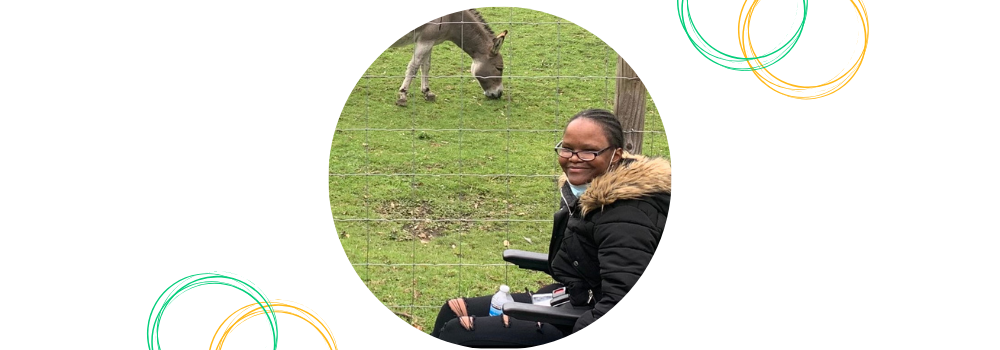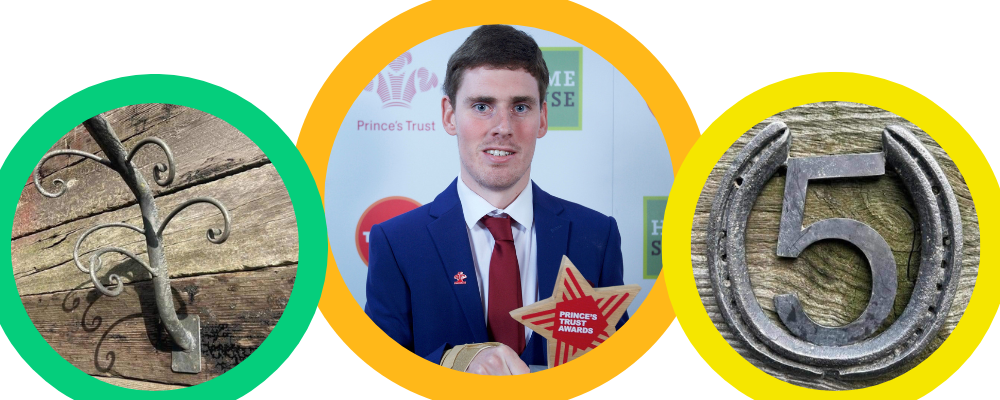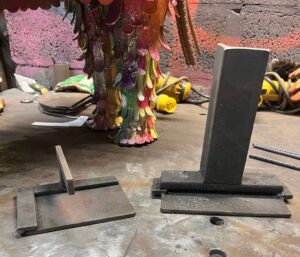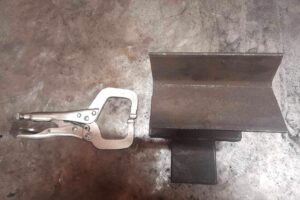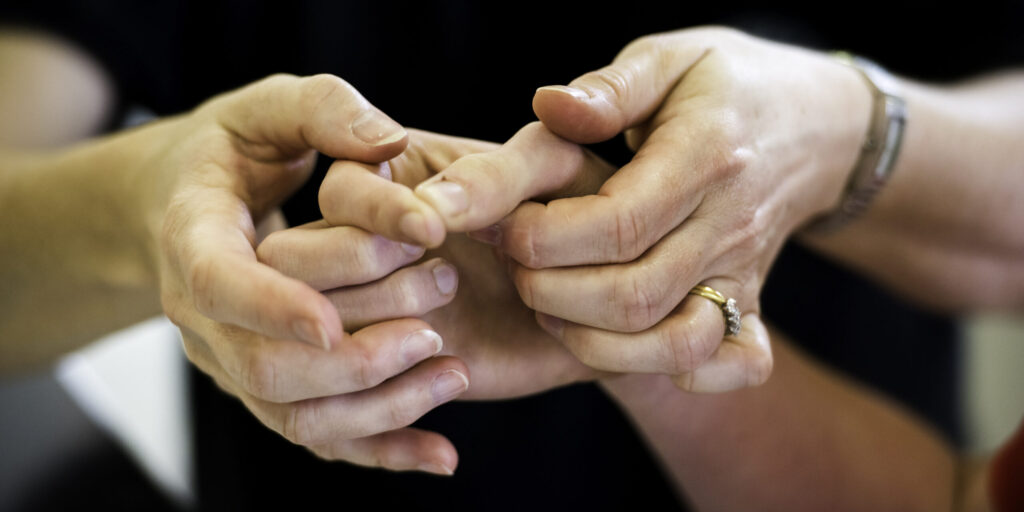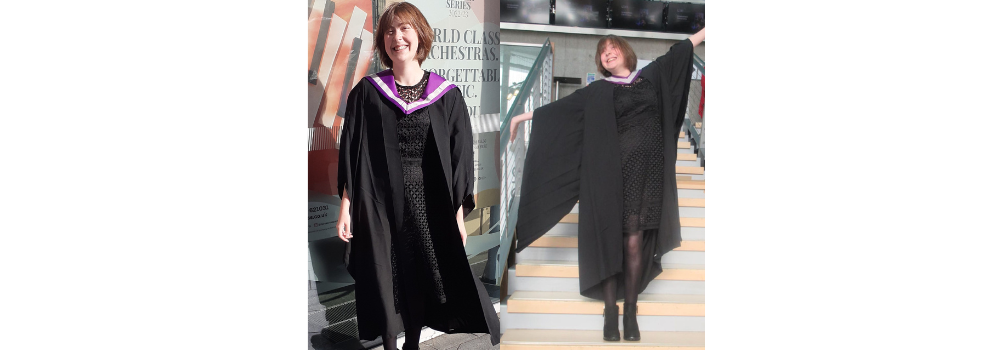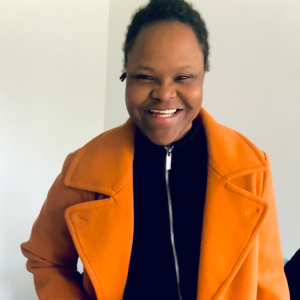 Hello, My name is Ruthanne Miller, I’m 26 years old and I am from London, I have Diplegia, cerebral palsy.
Hello, My name is Ruthanne Miller, I’m 26 years old and I am from London, I have Diplegia, cerebral palsy.
I also have chronic pain and as a person of colour in my personal experience when I tell medical professionals that I am in pain I feel like they do not understand my condition or severity, and they imply it’s in my head. This is because as I am diplegic but able to get to my local doctors without need of my chair, they see me as capable and express dismissive actions. In order to combat this I have utilised my PA’s to come with me to my appointments which helps express the gravity of the situation.
When not in pain I love to go to concerts with my friends. Sometimes it is hard to socialise, it can be a challenge to make new friends, my social group *SHINE* put an end to this and I’m excited to see them again. I like to bring awareness to cerebral palsy and other disabilities on social media as I believe awareness is key.
In the future I would like to work with children with disabilities, as one of my most fond memories is enjoying time with my teaching assistant and them helping me in my starting steps to life. Towards this goal I have completed my level one Maths and English at college and will soon start my level 2. I used to see revising as an obstacle but as I have set a goal That I WANT I know that I can get it done which makes studying and growing somewhat fun.
As a black person there are certain stereotypes you have no choice but to overcome such as, “Your strong don’t talk about how you feel” this one is a very self-destructive and mentally draining.
Another thing they say is … “You have no choice but to outperform everyone else if you want to even slightly stand out” this gives you a feeling of no self-worth and makes it hard to appreciate yourself and your achievements. I make it my duty to surround myself around positive people, which in this day and age is like a needle in a haystack – so I’m thankful for who I have.
I think that more education should be taught in schools about all disabilities not even just cerebral palsy and the fact that not all disabilities are visible. In the future, I hope to see a more inclusive society and better understanding of what Cerebral Palsy is in adults, I can’t wait to see this day.
